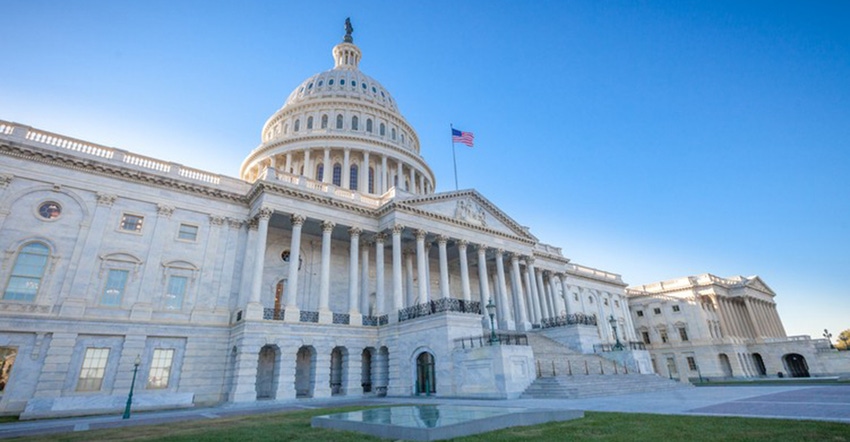Food Safety Administration Act of 2022 would allow the FDA to focus on drugs, with a new agency to focus on food safety—including supplements.

Two bills simultaneously introduced into both houses of Congress on July 13 would create a new federal agency to focus exclusively on food safety, including dietary supplements.
The Food Safety Administration Act of 2022, introduced in the Senate by Sen. Richard Durbin (D-IL) and in the House by Rep. Rosa DeLauro (D-CT-3), would rename the FDA as the Federal Drug Administration and establish the Food Safety Administration.
The legislation—S.4520 in the Senate and H.R. 8358 in the House—would separate food from drugs, medical devices and other products currently regulated by the FDA.
FDA has faced criticism that it has neglected to adequately police food companies despite additional authority and funding granted it when Congress passed the 2011 Food Safety Modernization Act.
“The FDA is failing to uphold its most basic food safety responsibility: inspecting facilities,” said Sen. Durbin. “Over the past decade, the number of inspections it performs has fallen by nearly 60 percent.”
About one in six Americans—or 48 million people—get sick from foodborne illness each year. According to the Centers for Disease Control and Prevention (CDC), 128,000 Americans are hospitalized each year and 3,000 Americans die of foodborne diseases. Foodborne illness costs the United States more than $15.6 billion each year.
“Even when the FDA performs an inspection—and identifies a threat to public health—it doesn’t take timely action,” said Sen. Durbin. “It’s hard to imagine. The FDA is adrift.”
The American Herbal Products Association worked to thwart original legislative language that would have lumped supplements in with drugs. Per the landmark 1994 Dietary Supplements Health and Education Act, supplements are regulated like foods, being that they are mostly derived from food sources and consist of food molecules, and so need no pre-market approval like drugs do.
In introducing the Food Safety Administration Act, Sen. Durbin and Rep. DeLauro cited concerns about FDA’s inattention to food safety – as evidenced by rates of foodborne illness and the recent infant formula shortage – and the lack of food policy experts at the current FDA as reasons for establishing a new agency dedicated to ensuring the safety of the American food supply.
“In discussing the legislation with our members, we heard strong support for reorganizing federal oversight to increase category-specific experience and expertise in the regulation of food, including dietary supplements – especially in the areas of facility compliance and development of guidances,” said AHPA President Michael McGuffin. “AHPA has long advocated for adequate federal resources to ensure that the American public has access to safe dietary supplements, and we are dedicated to continuing this work through our legislative engagement.”
Supplements have periodically come under fire over safety concerns. In 2015, a study published in the New England Journal of Medicine estimated supplments were responsible for more than 23,000 visits to emergency departments and 2,100 subsequent hospitalizations each year.
On closer review, the vast majority were due to teenage and twentysomething girls who consumed too much caffeine.
In 2018, renowned supplements critic Pieter Cohen, from Harvard, published a paper in the Journal of the American Medical Association showing that the FDA identified, through analytical testing, 778 supplements between 2008 and 2016 that had been adulterated via undeclared or unapproved pharmaceutical ingredients. More than 98% of them were marketed for weight loss, bodybuilding and sexual enhancement.
About the Author(s)
You May Also Like






.png?width=800&auto=webp&quality=80&disable=upscale)